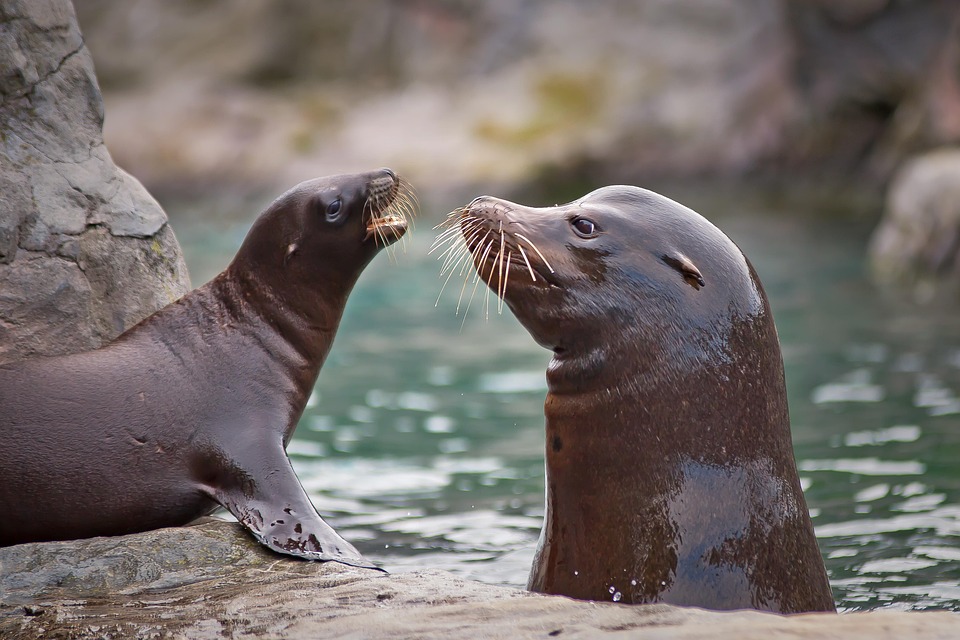Essential Marine Biologist CV Template: Stand Out in Your Job Application
Crafting a CV that truly reflects your passion and expertise in marine biology can often feel like navigating a turbulent ocean. The challenge lies not just in listing your qualifications, but in presenting them in a manner that captivates potential employers. Here’s how you can create a compelling marine biologist CV that sets you apart.
1. Tailor Your Personal Statement
Your personal statement is the lighthouse guiding employers through the fog. This section should succinctly encapsulate your unique attributes, experience, and aspirations. Emphasise your enthusiasm for marine conservation, research experience, or any specialised skills you possess, such as fieldwork proficiency or laboratory techniques. A well-crafted statement not only showcases your personality but also aligns your goals with the mission of the organisation.
2. Highlight Relevant Experience
When it comes to experience, depth often trumps breadth. Instead of merely listing jobs, delve into specific roles that relate directly to marine biology. Include internships, volunteer opportunities, or research projects that illustrate your hands-on involvement. For instance, detailing a project on coral reef restoration can demonstrate your ability to apply theoretical knowledge in real-world scenarios.
- Field Experience: Detail any fieldwork, including species identification, data collection, or habitat assessments.
- Laboratory Skills: Enumerate laboratory techniques such as DNA sequencing or water quality analysis that are pertinent to marine research.
- Public Engagement: If you’ve participated in outreach or educational programmes, highlight these experiences to show your commitment to fostering public understanding of marine issues.
3. Educational Background Matters
In the realm of marine biology, educational qualifications form the bedrock of your expertise. Clearly outline your degrees, focusing on relevant coursework or projects that correlate with marine science. If you’ve conducted research as part of your studies, make sure to mention your thesis or significant findings.
- Degrees Obtained: List your qualifications in reverse chronological order, ensuring that your most recent education is at the forefront.
- Relevant Modules: If specific modules directly relate to marine biology, such as marine ecology or oceanography, highlight these to underline your specialised knowledge.
4. Skills Section: The Key to Unlocking Opportunities
A well-structured skills section can be the difference between a fleeting glance and a thorough read. Opt for a blend of hard and soft skills that exhibit your rounded capabilities. For example:
- Technical Skills: Proficient in GIS, statistical software (like R or SPSS), and marine survey techniques.
- Soft Skills: Strong communication abilities, teamwork, and problem-solving skills are vital in collaborative research environments.
5. Professional Affiliations and Certifications
Being part of professional bodies such as the Marine Biological Association or obtaining certifications like SCUBA diving qualifications can bolster your CV. They not only demonstrate your commitment to the field but also your ongoing professional development.
Navigating the Final Touches
As you polish your CV, keep in mind the importance of clarity and readability. Use a clean format, bullet points for easy navigation, and a professional font. Remember, your CV is often the first impression potential employers will have, so ensure it reflects your dedication to marine biology.
In the competitive landscape of marine biology, a well-crafted CV can be your vessel to opportunities. By showcasing your unique blend of skills, experiences, and passion, you’ll undoubtedly stand out in a sea of applicants. CVPortal continues to bring you a wealth of high-quality CV references to assist you in your journey toward a fulfilling career.


